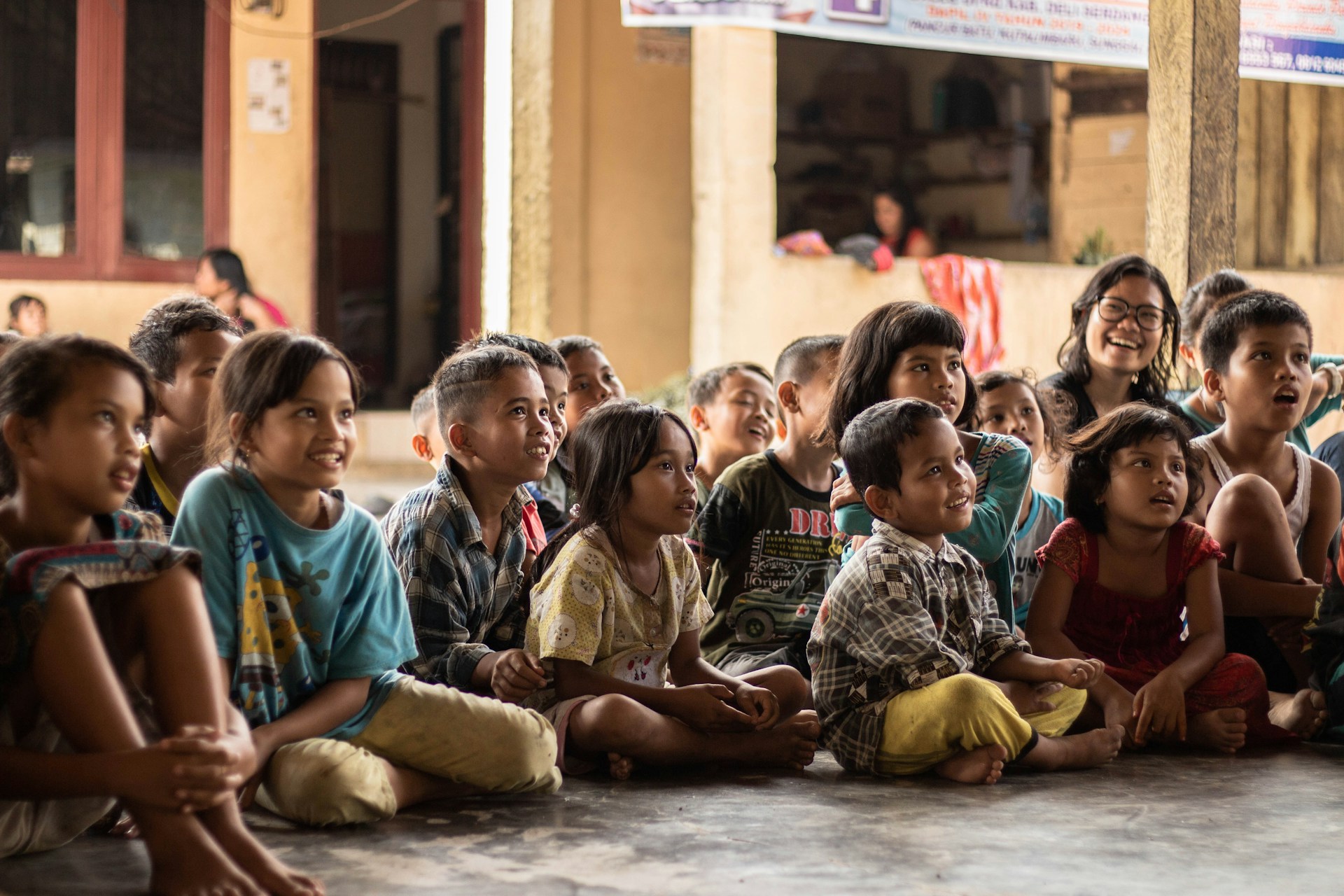Early childhood education is a crucial foundation for a child’s development, providing essential building blocks for lifelong learning and success. Children’s brains develop rapidly during the first few years of life, making this period critical for cognitive, emotional, and social growth. High-quality early education experiences can significantly influence a child’s future, shaping their academic achievements, well-being, and societal contributions.
Cognitive Development and Academic Success
Early childhood education fosters cognitive development by introducing children to fundamental literacy, numeracy, and problem-solving concepts. These early experiences lay the groundwork for later academic achievements. Research has shown that children who participate in quality early education programs are likelier to perform well in school, demonstrate higher literacy and numeracy skills, and are less likely to repeat grades. By engaging in stimulating activities and receiving guidance from trained educators, young children develop critical thinking and problem-solving skills that are the foundation for future learning.
Social and Emotional Development
Beyond academic skills, early childhood education plays a vital role in social and emotional development. Children learn to interact with their peers, understand and manage their emotions, and develop empathy and cooperation. These skills are crucial for building healthy relationships and navigating social situations. A supportive early learning environment helps children develop self-confidence, resilience, and a positive self-image, all of which contribute to their overall well-being and success.
Long-Term Benefits and Societal Impact
The benefits of early childhood education extend far beyond the individual child. Long-term studies have demonstrated that children who receive quality early education are more likely to graduate from high school, pursue higher education, and secure stable employment. They are also less likely to engage in criminal behavior or rely on public assistance. These outcomes not only benefit the individuals but also contribute to a more educated, productive, and socially cohesive society.
Closing the Achievement Gap
Early childhood education is a powerful tool for closing the achievement gap, especially for children from disadvantaged backgrounds. By providing equal access to quality early learning experiences, we can level the playing field and give all children the opportunity to succeed. This investment in early education is particularly important for breaking the cycle of poverty and ensuring that every child has the chance to reach their full potential.
Conclusion
Investing in early childhood education is not just about preparing children for school; it’s about preparing them for life. The skills and knowledge gained during these formative years form the cornerstone of a child’s future success and well-being. By prioritizing early education, we are not only nurturing the individual potential of each child but also building a stronger, more equitable society. The benefits are clear, and the importance cannot be overstated. Early childhood education is a vital investment in our children’s futures and the future of our society.
4o



